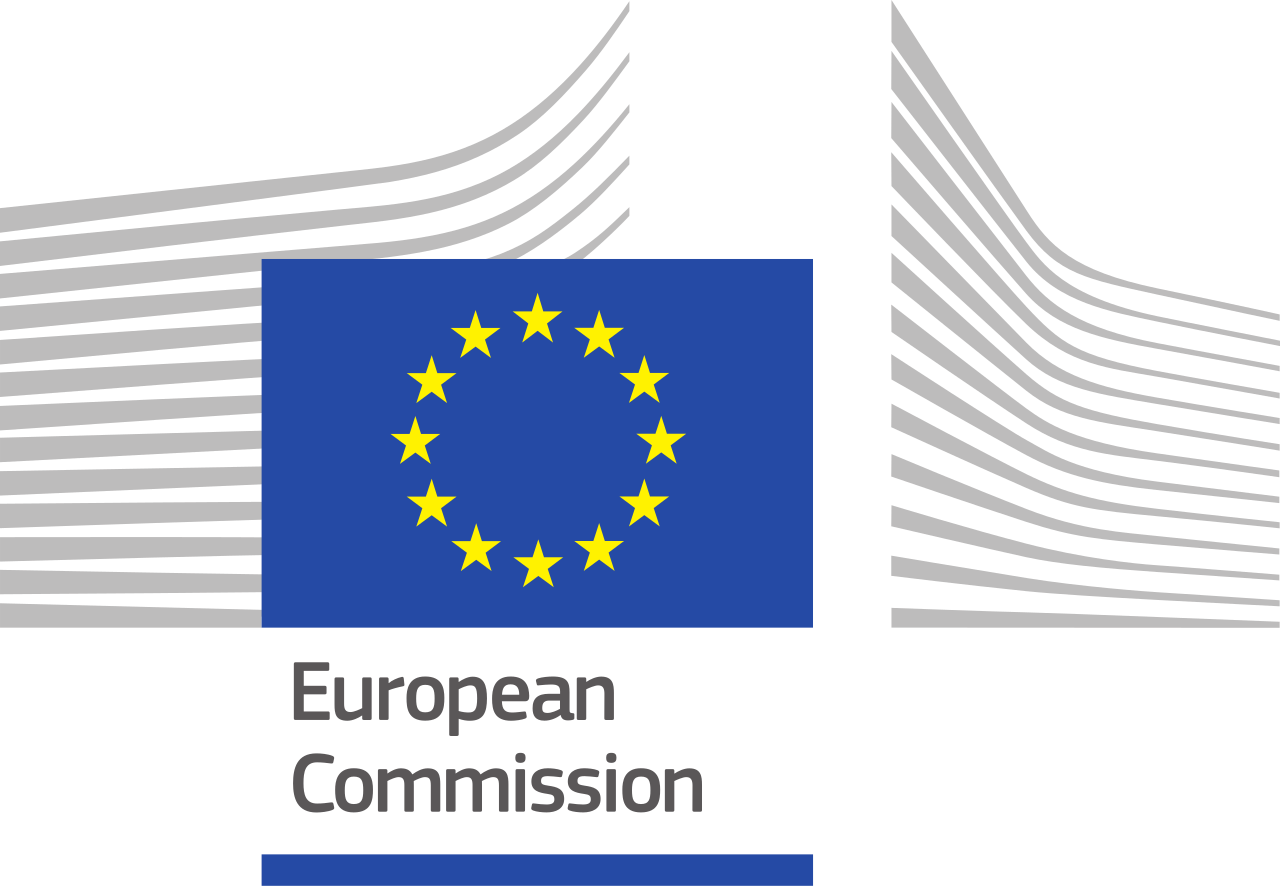Synergies, energy efficiency and circularity in the renovation wave. Bio-based products for the renovation wave
While the European building sector is responsible for 40% of the energy consumption and 36% of the GHG emissions in the EU, only 25% of the building stock is energy efficient. The Renovation Wave Strategy has been launched by the European commission to boost the building stock energy performance. Bio-based products could help lower the overall carbon footprint of the construction sector. This work assesses the use of bio-based material for energy renovation.
Nowadays, bio-based materials represent 3% of the total mass of building material used in Europe and 10% of its volume, with wood covering respectively two third and half of these shares. Regarding insulation, bio-based products cover about 1% of the total market volume in Europe.
The bio-based material market is expected to gain importance in the years to come due to the stimulus coming from European policies like the bioeconomy strategy. However, this policy stimulus must be confronted with several barriers in the context of the renovation wave. The most important being the lack of economic competitiveness; the limited availability of biomass that, being a finite resource, cannot completely replace all other types of materials; the present lack of national norms promoting and facilitating the adoption of bio-based materials; the strong and often distorted competition with the bioenergy sector; the general lack of workers along the value chain skilled on bio-based materials (e.g. construction engineers, architects, building contractors etc.) and the limited size of the bio-based insulation material market compared to its competitors. Read more here...

